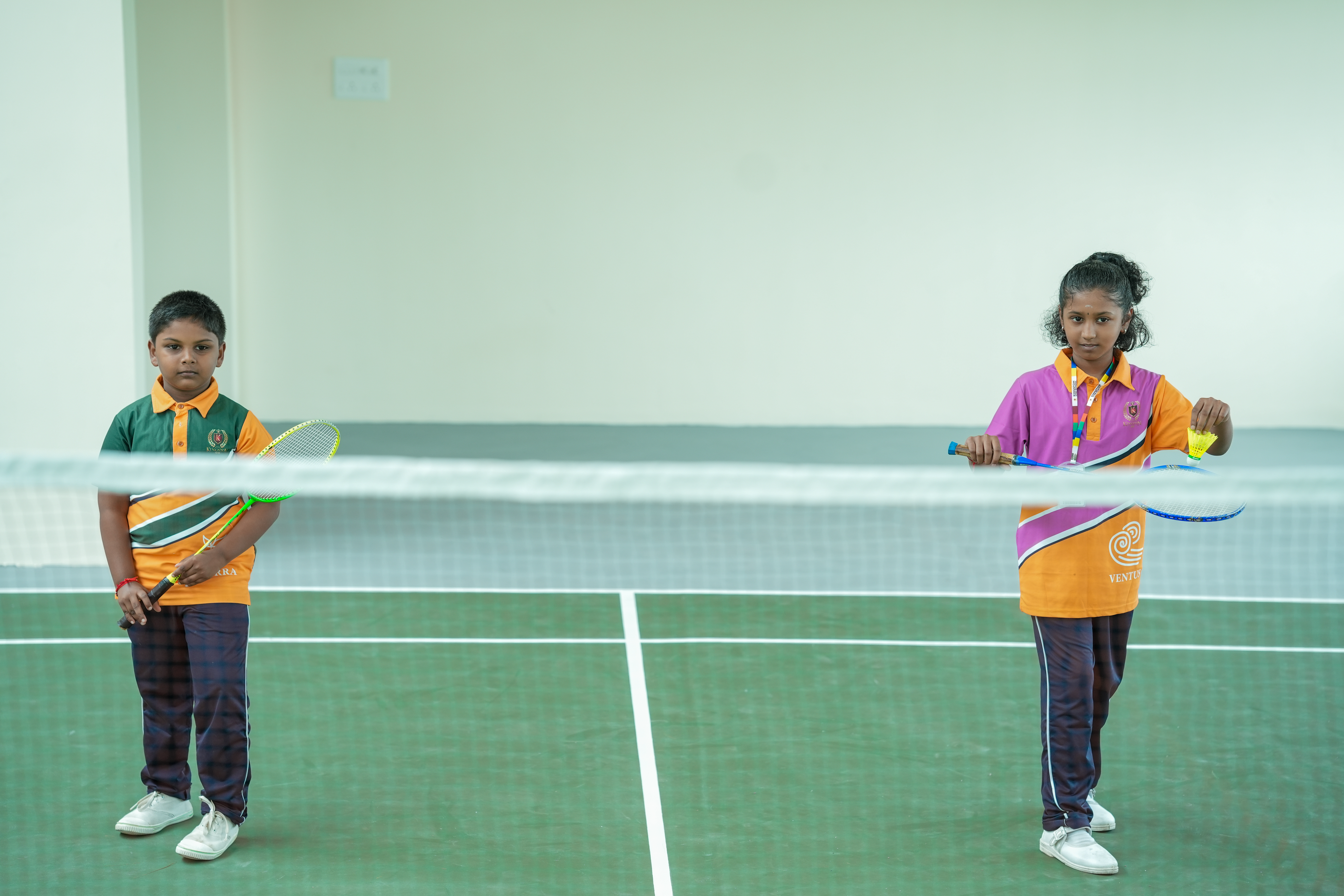
Reflect, Reframe, Roar: Unleashing the Power of Reflective Practice at Kingston ICSE School
Hey Kingston ICSE parents! Let's explore the captivating world of reflective practice—a secret sauce for spicing up our children's academic groove. This blog is all about how reflection can make our kids' academic journey more interesting. It's like a backstage pass to the movie of our lives, where we throw confetti on our experiences, learn from the chaos, and make a grand entrance into the sequel of awesomeness.
Reflective practice in education goes beyond mere self-examination; it's a dynamic process that encourages educators, administrators, and students alike to analyze experiences, learn from them, and apply these insights to enhance future endeavors. It's about taking a step back, contemplating our actions, and embracing a mindset of continuous improvement.
Why Reflective Practice Matters
1. Personal and Professional Growth:
Reflective practice is the compass guiding our personal and professional journeys. It empowers educators to identify strengths, acknowledge areas for improvement, and take intentional steps toward growth. As we engage in this reflective journey, we create an environment that nurtures both individual and collective development.
2. Enhanced Teaching and Learning:
By incorporating reflective practices into our teaching methodologies, we foster an atmosphere of dynamic learning. Educators can assess the effectiveness of their instructional strategies, identify student needs, and adapt their approaches accordingly. This, in turn, contributes to an enriched learning experience for our students.
3. Improved Decision-Making:
Reflective practice equips administrators and educators with the tools to make informed decisions. By analyzing past experiences, we gain valuable insights that guide us in making thoughtful choices for curriculum development, resource allocation, and overall school management.
4. Positive School Culture:
Embracing reflective practice cultivates a culture of openness and collaboration within Kingston ICSE School. It encourages constructive feedback, shared reflections, and a collective commitment to continuous improvement. This positive culture enhances communication and strengthens the bonds within our school community.
5. Student Empowerment:
Reflective practice extends to our students, empowering them to actively participate in their own learning journey. Through reflection, students develop a deeper understanding of their strengths, challenges, and learning preferences, fostering a sense of autonomy and self-efficacy.
Implementing Reflective Practice at Kingston ICSE School
6. Professional Learning Communities (PLCs):
Establishing PLCs within our school allows educators to come together, share experiences, and collectively reflect on their teaching practices. This collaborative approach enhances the effectiveness of reflective practice.
7. Structured Reflection Sessions:
Incorporate regular, structured reflection sessions into the school calendar. These sessions can provide dedicated time for educators and administrators to analyze successes and challenges, fostering a culture of continual improvement.
8. Student-Led Reflections:
Introduce reflective practices to students through activities like journaling, goal-setting, and self-assessment. Encouraging students to reflect on their learning experiences empowers them to take ownership of their education.
In the realm of education, reflective practice is not just a tool; it's a philosophy that propels us forward. At Kingston ICSE School, it is the guiding force that fuels our commitment to excellence. By embracing reflective practices, we lay the foundation for a learning environment where continuous improvement is not just a goal but a way of life.
Here's to the journey of reflection, growth, and excellence at Kingston ICSE School!
#KingstonICSESuccess #ReflectivePractice #EducationReflection #ContinuousImprovement #StudentEmpowerment #TeachingAndLearning #SchoolCulture #ProfessionalDevelopment